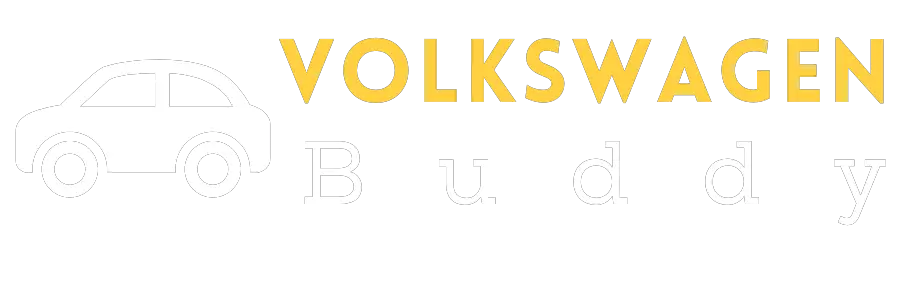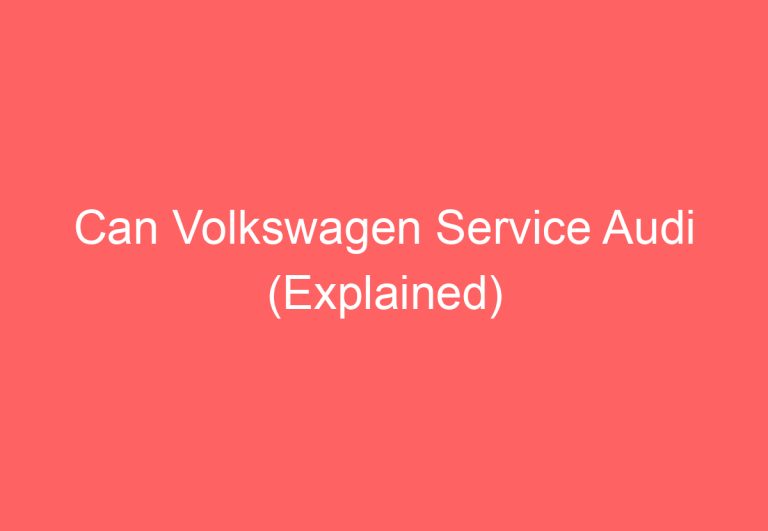How Long Do Volkswagen Brakes Last (Explained)
Wondering As a skilled and highly qualified Volkswagen technician, I am often asked this question. The answer, of course, depends on a number of factors, including the make and model of your vehicle, driving conditions, and your personal driving habits. However, in general, Volkswagen brakes can last for up to 50,000 miles.
How Long Do Volkswagen Brakes Last
Volkswagen brake pads typically last between 30,000 and 70,000 miles, depending on driving conditions and habits. You should have your brakes inspected regularly to ensure they are functioning properly and to prevent premature wear.
How Long Do Volkswagen Brakes Last?
Brake Lifespan
The lifespan of your Volkswagen brakes depends on a number of factors, including:
Driving habits:
The more you drive, the more wear and tear your brakes will experience.
Driving conditions:
Brakes wear down faster when you’re driving in stop-and-go traffic or on rough roads.
Vehicle weight:
Heavier vehicles require more braking force, which puts more stress on the brakes.
Brake maintenance:
Regularly inspecting and maintaining your brakes can help extend their lifespan.
Typical Brake Lifespan
In general, you can expect your Volkswagen brakes to last for about 30,000 to 50,000 miles. However, there are some cases where brakes may need to be replaced sooner. If you notice any of the following signs, it’s a good idea to have your brakes checked by a qualified mechanic:
Squealing or grinding noises when braking
A pulling sensation when braking
Your car taking longer to stop than usual
The brake pedal feeling spongy or soft
Brake Replacement
If your brakes need to be replaced, it’s important to have the work done by a qualified mechanic. Brakes are a critical safety component, and it’s important to make sure they’re installed and adjusted correctly.
How to Extend Brake Lifespan
There are a few things you can do to help extend the lifespan of your Volkswagen brakes:
Avoid hard braking:
Braking hard puts a lot of stress on the brakes, which can shorten their lifespan.
Use cruise control:
Cruise control can help you maintain a steady speed, which reduces the amount of braking you need to do.
Wear proper tires:
Tires that are properly inflated and in good condition can help improve braking performance.
Inspect your brakes regularly:
Inspecting your brakes regularly for signs of wear and tear can help you catch problems early, before they become serious.
By following these tips, you can help extend the lifespan of your Volkswagen brakes and keep your car safe on the road.
Also Read: Is Volkswagen High Maintenance
FAQs: How Long Do Volkswagen Brakes Last
How long do Volkswagen brakes typically last?
Volkswagen brakes typically last for 30,000 to 60,000 miles. However, this can vary depending on a number of factors, including driving habits, road conditions, and climate.
What are the signs that my Volkswagen brakes need to be replaced?
There are a few signs that your Volkswagen brakes may need to be replaced, including:
A squealing or grinding noise when you brake
A pulsing or vibrating sensation in the brake pedal
Your car pulling to one side when you brake
Your brakes feeling spongy or not engaging properly
If you notice any of these signs, it’s important to have your brakes checked by a qualified mechanic as soon as possible.
What is the best way to maintain my Volkswagen brakes?
There are a few things you can do to maintain your Volkswagen brakes and keep them lasting longer, including:
Driving smoothly and avoiding sudden stops and starts
Avoiding hard braking on wet or icy roads
Keeping your wheels aligned and your tires properly inflated
Having your brakes inspected and serviced regularly
How much does it cost to replace Volkswagen brakes?
The cost of replacing Volkswagen brakes can vary depending on the type of brakes you need, the labor costs, and the location of your repair shop. However, you can expect to pay anywhere from $200 to $1,000 for a brake job.
Can I replace my Volkswagen brakes myself?
It is possible to replace your Volkswagen brakes yourself, but it is a complex job that requires special tools and knowledge. If you are not confident in your ability to do the job yourself, it is best to have your brakes replaced by a qualified mechanic.






